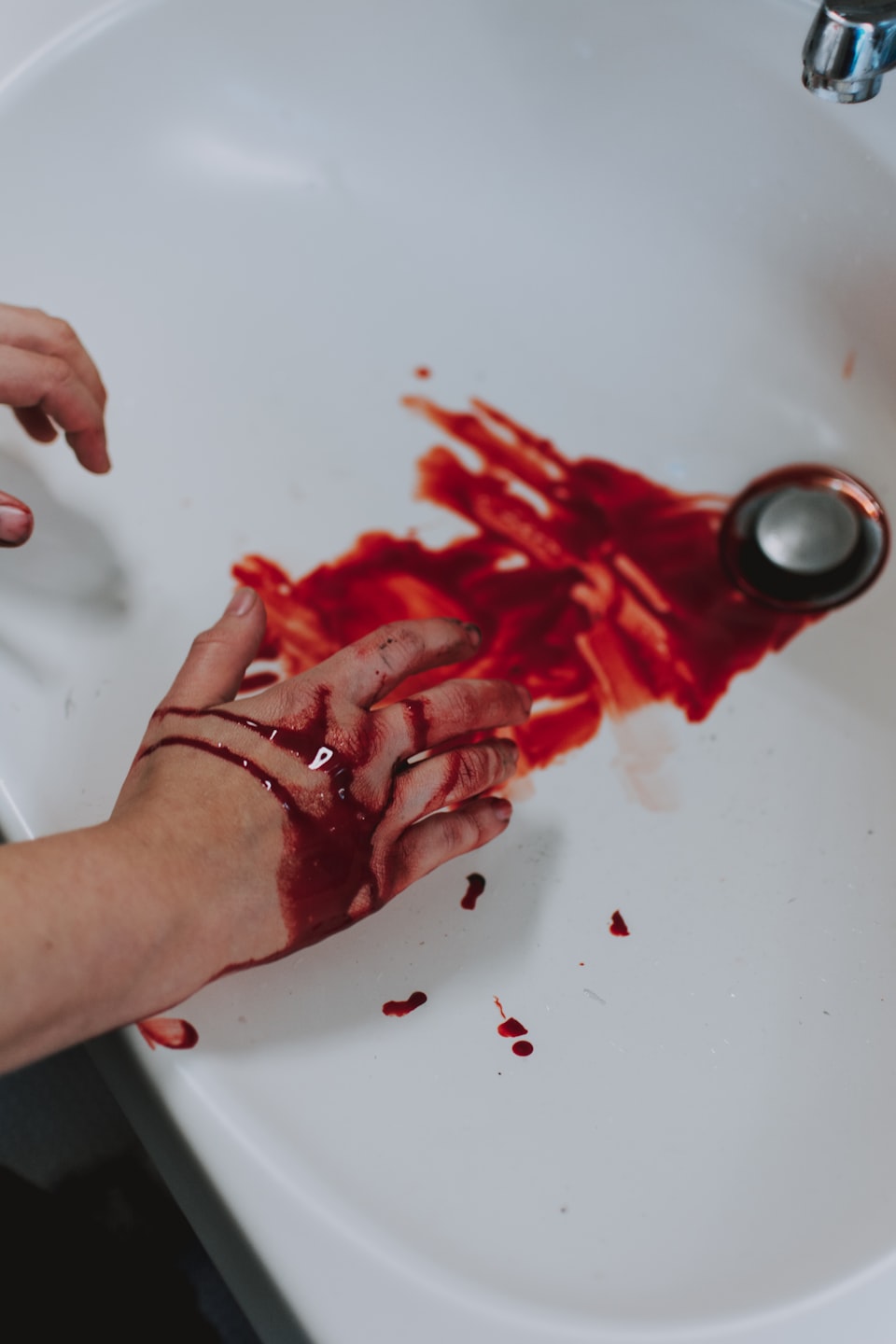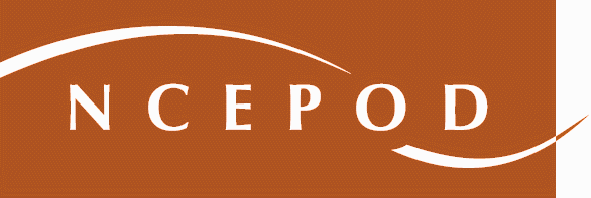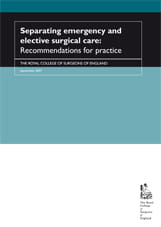Life or Limb

"During the day, you can do anything you want, but overnight - CEPOD is life or limb"
Three weeks ago I was the CEPOD (emergency surgery) anaesthetist overnight, and at around 23:30 the frazzled surgical SHO on call handed me a CEPOD booking form for an abscess that they wanted to incise and drain.
"It'll only take five minutes, and then they can go home."
I looked at the bloods, the patient and the abscess and was fairly certain this patient could eat, go home and come back the next morning to have it done in daylight hours. I tried to sell this idea to the surgeon, but to no avail:
"It'll be quick, the patient is ready to go, and the CEPOD board for tomorrow is full"
The theatre team were happy to go ahead, the surgeon was pushing to get it done so their boss didn't shout at them the next morning for doing nothing overnight, and I was sat there feeling very conflicted.
Here's why.
There are three anaesthetists overnight:
- CEPOD
- Obstetrics
- Intensive care
This will clearly vary between hospitals, but this is reasonably standard for a medium-sized district general hospital.
I knew that my obstetric colleague was currently occupied in theatre with an emergency caesarean section and ITU was busy managing a new admission.
This left me as the only anaesthetist on site available to respond to emergencies including but not limited to:
- Cardiac arrest
- Paediatric anaphylaxis
- Intracranial haemorrhage needing transfer to London for neurosurgery
If things got out of hand, or I needed to go off site on a transfer, protocol is to to call the on-call consultant in from home to help man the fort.
But right now, I was doing nothing.
In theory, you should always try and leave an anaesthetist free to attend to the unexpected 'possible' calls that may never materialise, but need rapid intervention when they do.
Often you can't manage this because problems crop up in threes and you can end up all occupied for a period of time - that's unavoidable.
But this was different.
This was a small procedure that almost certainly could wait until the next morning, and there was certainly neither risk to life nor limb.
If something went wrong for whatever reason, it would be on me to justify why I agreed to take this patient to theatre when they could have waited until the relative safety of daytime operating hours.
Then the crash bleep went.
I scooted down to the resuscitation bay to find a pale, shivering and barely conscious twenty-three year old woman lying flat on her back, accompanied by her equally pale and understandably terrified boyfriend.
As the critical care outreach nurse starting looking for a bigger vein, I felt the woman's cold hands and feeble radial pulse. The monitor was bounding away at 140 beats per minute, the blood pressure cuff was repeatedly trying to get any sort of reading, and the ED doctor said that one word that sent shivers down my spine:
"Ectopic"
I'd not anaesthetised a full-blown ruptured ectopic by myself before. First time for everything though eh?
"Put out the major haemorrhage call, let's get big access both sides, warmed fluid until the blood gets here - call gynae and theatres and tell them we're coming up right now."
Twenty minutes and several units of blood later, she was asleep on the operating table with the gynaecology consultant hoovering three litres of blood out of her abdomen.
If we'd started the abscess, I don't know what would have happened to her.
It feels like you're being work shy or obstructive.
We're here to help, we're paid to be here, and we want to be useful, so it's really hard to say 'no' to a case in the middle of the night when there's seemingly nothing going on - especially when the poor surgical team are run off their feet and just want to get at least something done.
In an ideal world there would be a dedicated CEPOD team and anaesthetist running 24/7, with back up available for situations like this where a second theatre may be required, but very few places have the resources and infrastructure to facilitate this.
So for most DGHs the reality is it is safer for everyone to wait for daylight hours wherever possible.
- If something goes wrong, either with the patient on the table, or another patient who you couldn't help because you were in theatre, then you have to be able to justify why you took a case to theatre out of hours
- If it's not life or limb, then you're going to have a hard time convincing anyone that it was the right thing to do.
Stand your ground and get your consultant involved if needed.
I have, once or twice, been on the receiving end of some very choice words from an understandably frustrated surgical registrar who was looking at an overwhelmingly full CEPOD board and wanted to try and knock a few of the cases off before the morning handover.
I tried to explain why a sacral abscess with a CRP of 7 does not need doing at 2am, especially one that belongs to patient who has explicitly said they they're hungry, want to go home, and 'can I come back tomorrow?'.
In the end I had to phone my consultant at midnight, explain the situation, and then hand the phone to the surgeon for my boss to repeat exactly what I'd said, before the surgeon backed off.
I totally understood her frustration, but they don't see what happens when it goes wrong.
The NCEPOD classification
There is a definitive guide answering the question of 'does it need doing right now?' called the NCEPOD classification, and it looks like this:
Immediate
- Immediately life or limb threatening
- Resuscitation at the same time as operating
- Usually in theatre within minutes of decision to operate
Ruptured aortic aneurysms, category 1A caesarean sections
Urgent
- Potentially life threatening in the next few hours
Peritonitic bowel perforation, critical limb ischaemia
Expedited
- Needs sorting in the next day or so
Stable, non-septic abscess, appendicitis etc.
Elective
- No immediate urgency - time to optimise patient beforehand
Joint replacements, long-term hernia repair, reversal of stoma etc
National Confidential Enquiry into Patient Outcome and Death
This enquiry from 2003 advocated for a reduction in operating overnight unless deemed absolutely essential.
- Admission to theatre for non-life and non-limb threatening indications should be before 10pm to allow the case to finish before midnight
The guidance from the Association of Anaesthetists is that only immediate and urgent procedures should be started after 9pm, and this number is agreed upon by a number of surgical and anaesthetic societies.
So, next time you're being pushed to take a patient to theatre overnight, don't feel bad saying no if it's safer for everyone involved to wait until the morning.
References and Further Reading




